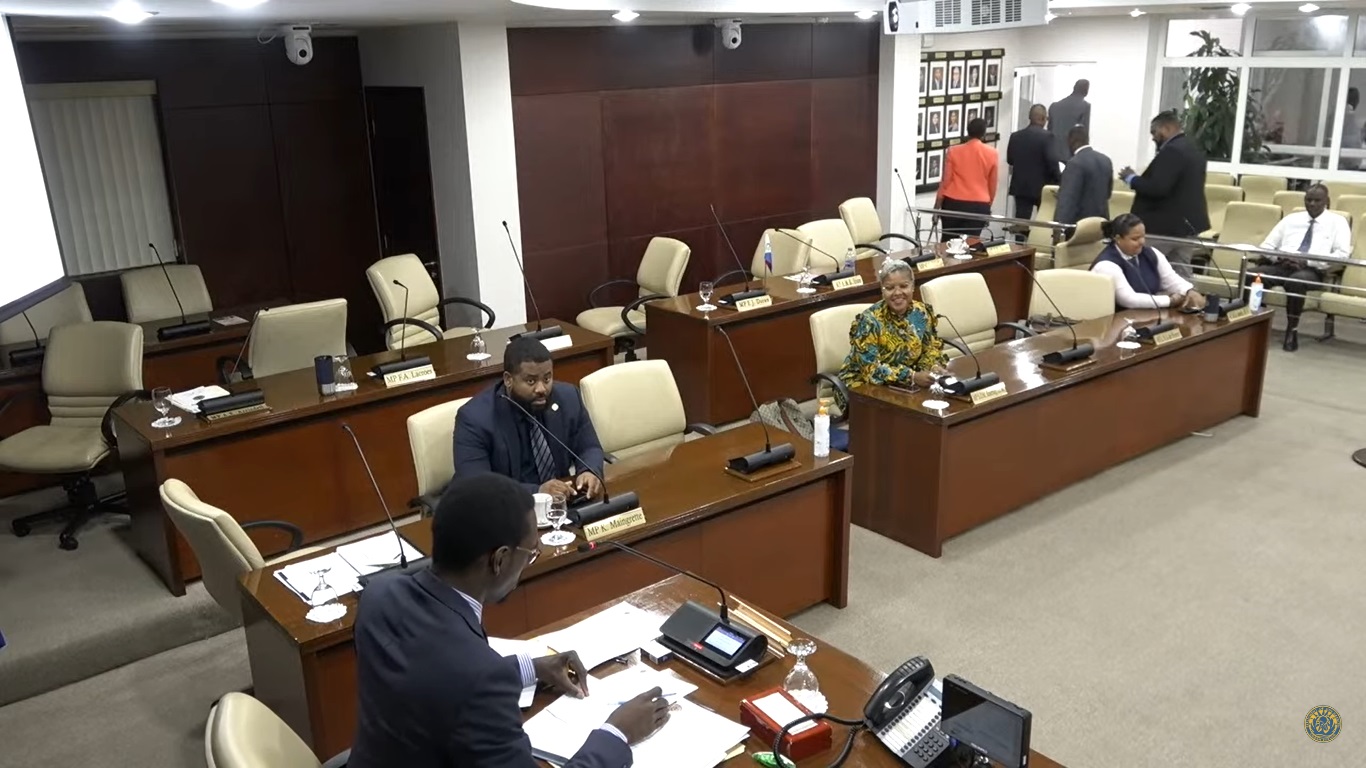Advertisement

Dear Editor,
The political situation in Sint Maarten presents a complex challenge due to the absence of a fully constituted parliament. With only 13 members currently active instead of the full 15, the inability to achieve quorum prevents the vetting and induction of the two pending members. This situation underlines the current gridlock, which the opposition seems to exploit as a strategy to cling to power.
The criticism by the opposition is centered on the argument that the coalition is disorganized and unable to properly vet and seat their members, signaling a broader instability within the coalition, and further questions the legitimate support of this government in parliament. In response, the opposition urges members of the coalition to join the opposition.
However, with that move there is the potential to dissolve the government through invoking Article 59, via the current council of ministers. This article, historically reserved for instances where there was no longer support for the government in parliament, even when there was a clear majority.
Historically, this precedent shows that invoking Article 59 has political repercussions, often resulting in the non-reelection of the prime minister who used it, as seen with former Prime Minister Leona Marlin. In 2015, MP Sarah Wescott, who was Prime Ministers at the time indicated that article 59 should be reserved for when parliament is in disarray, and no clear majority is formed therefore parliament is unable to function due to a lack of clear majority, poses a significant risk.
The Council of Ministers, on the other hand, can argue that the responsibility for a functional parliament rests with the elected officials themselves, suggesting that if members choose not to fulfill their duties, the government should not be held accountable. Furthermore, the opposition faces its own challenges, as it cannot secure a vote of no confidence without the support of at least one coalition member, due to the same issue of lacking a quorum.
This deadlock reflects a deep-seated political strife that questions the efficacy of the current parliamentary framework in Sint Maarten, raising concerns about the legitimacy of governmental operations and the deliberate creation of disarray as a power tactic by some members. The ongoing political maneuvering highlights the fragile nature of the island’s governance structure, where strategic political disruptions can impede proper governmental functioning.
Name Withheld On Request
###
Photo image caption: The moment when the ‘Super 7’ opposition members walked out of Tuesday’s public meeting of Parliament on May 7, leaving the meeting without a quorum after a roll call.
###
ADVERTISEMENT





